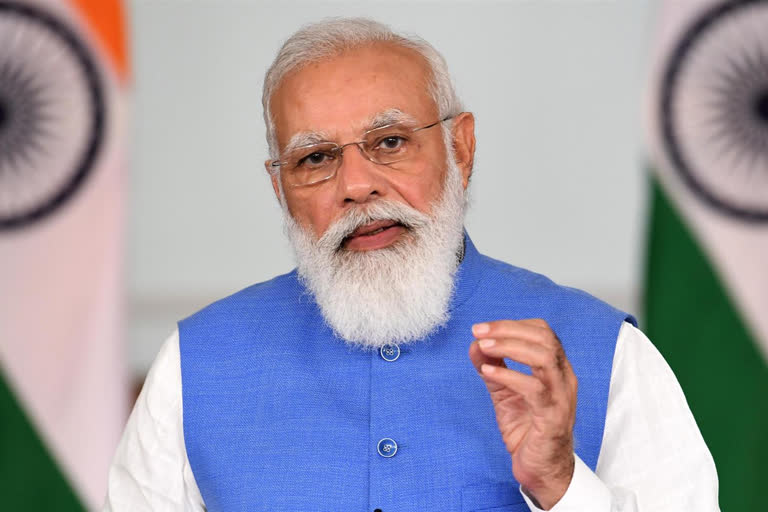New Delhi: The Union Cabinet, chaired by Prime Minister Narendra Modi, today approved a number of structural and process reforms in the telecom sector. These are expected to generate employment opportunities, promote healthy competition, protect the interests of consumers, and reduce the regulatory burden on Telecom Service Providers (TSPs).
In the backdrop of the outstanding performance of the telecom sector during Covid-19, the reform measures will further boost the proliferation and penetration of broadband and telecom connectivity. The package is also expected to boost 4G proliferation, infuse liquidity and create an enabling environment for investment in 5G networks.
Also Read: Union Cabinet approves Rs 26,058 cr PLI scheme for auto, drone sectors
The cabinet has approved nine structural reforms and five procedural reforms plus relief measures for the telecom service providers. The structural reforms include rationalization of Adjusted Gross Revenue, no BGs will be required to secure instalment payments for auctions, no Spectrum Usage Charge for spectrum acquired in future spectrum auctions etc.
The procedural reforms include fixed auction calendar, self declaration is allowed to promote ease of doing business, shifting from prepaid to post-paid and vice-versa will not require fresh KYC, Paper Customer Acquisition Forms (CAF) will be replaced by digital storage of data etc.
The Cabinet also approved moratorium/deferment of up to four years in annual payments of dues, option to the TSPs to pay the interest amount arising due to the said deferment of payment by way of equity and option to convert the due amount by way of equity at the end of the moratorium/deferment period. This will be applicable for all TSPs and will provide relief by easing liquidity and cash flow. This will also help various banks having substantial exposure to the telecom sector.
Also Read: Modi to virtually lead Indian delegation at SCO summit; Jaishankar to participate in Dushanbe



